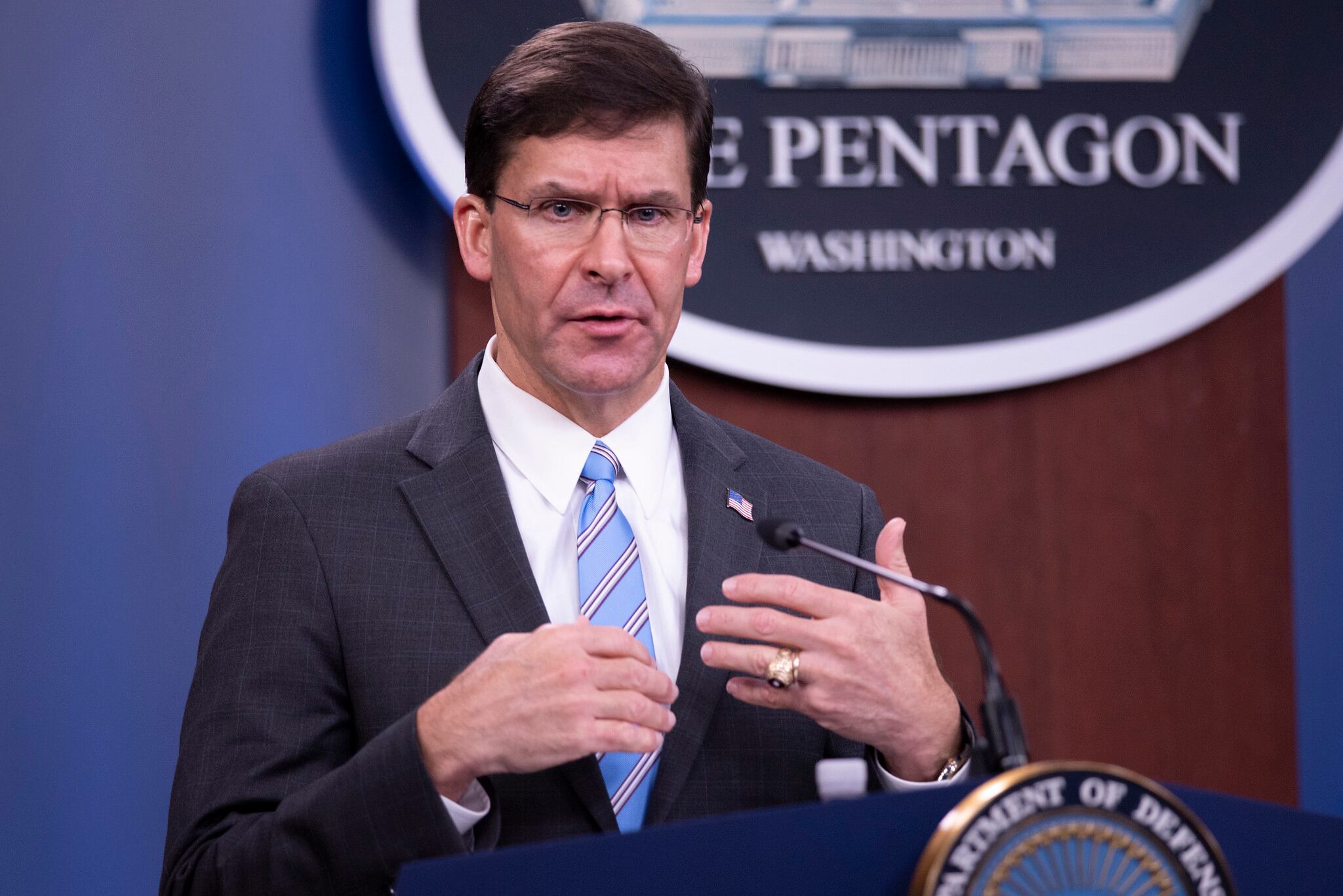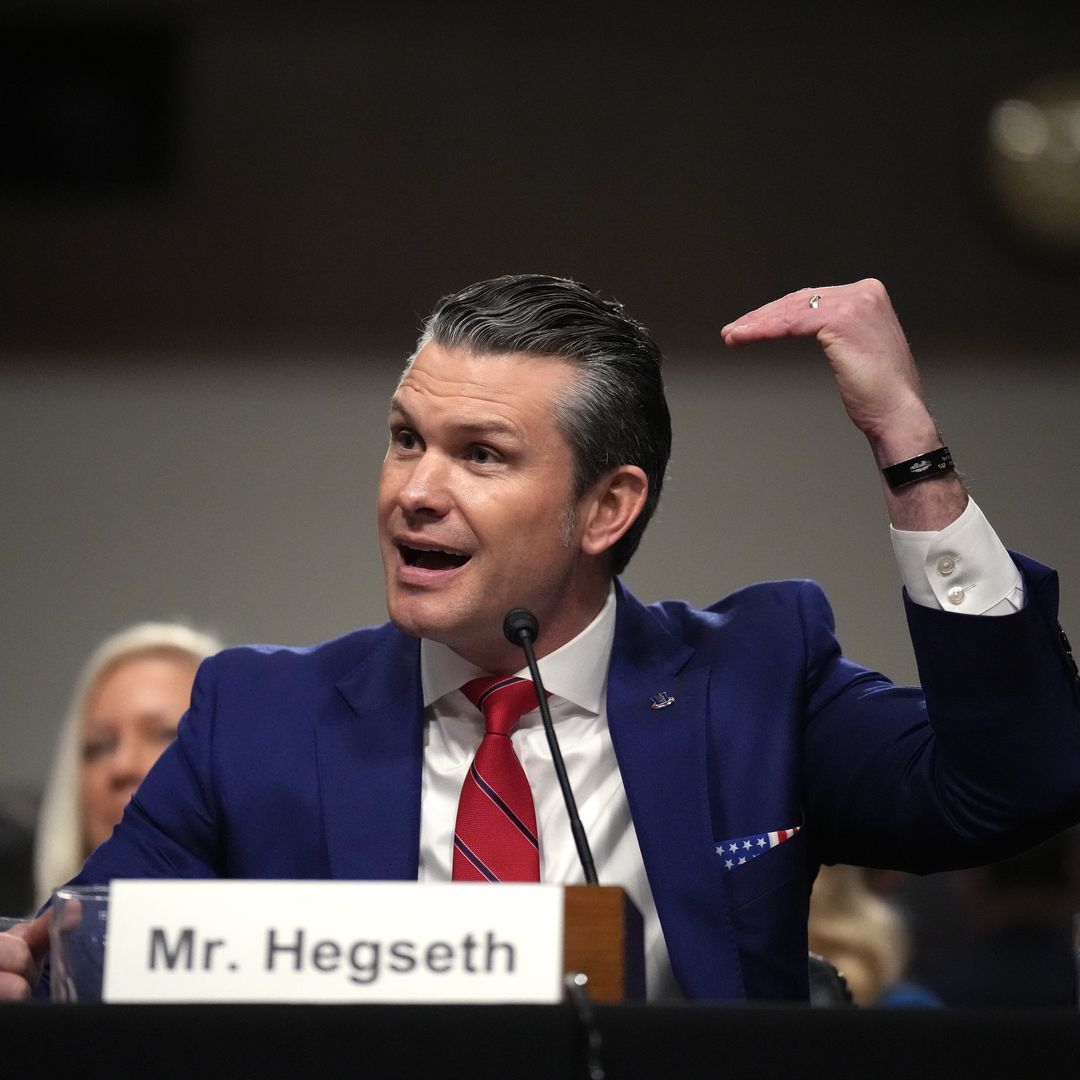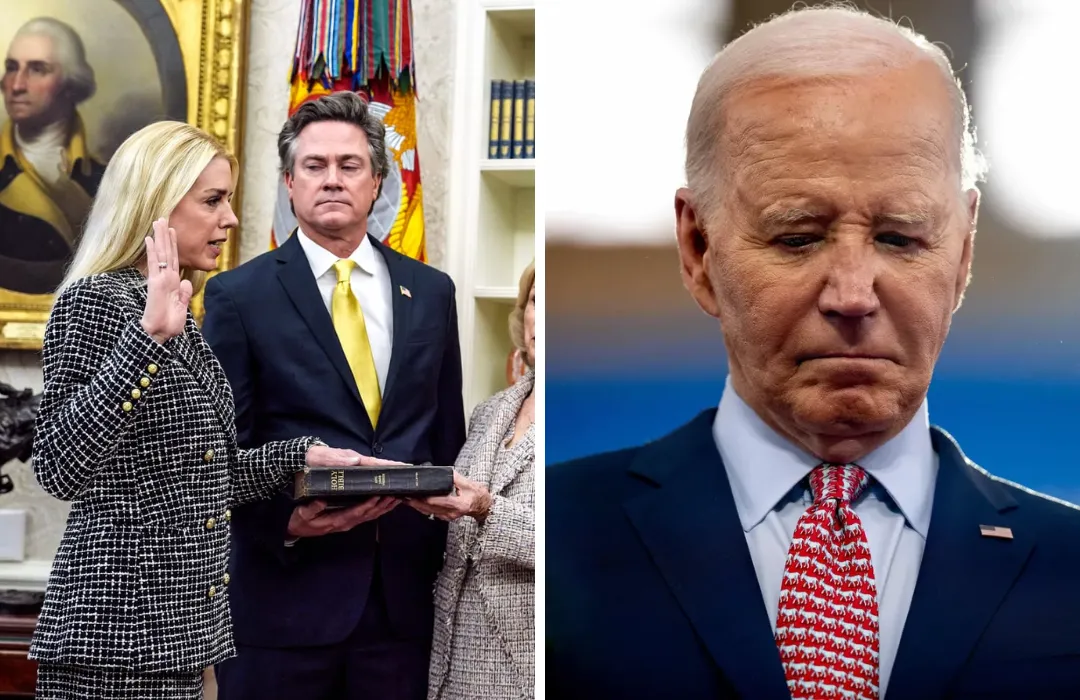
During a heated Capitol Hill hearing on Wednesday, Senator Elissa Slotkin (D-Mich.) did not hold back in her remarks to Defense Secretary Pete Hegseth, accusing him of lacking the courage that her predecessor, Mark Esper, had displayed during his tenure.
Slotkin, who has a background as a CIA analyst and a former Defense Department official, recalled Esper’s refusal to follow through on President Trump’s controversial orders during the 2020 protests following the murder of George Floyd.
Slotkin emphasized that Esper had shown “more guts and balls” than Hegseth by standing firm against a request to deploy military forces against unarmed protesters.
She cited a moment from Esper's memoir, where he described Trump’s demand to “shoot them in the legs” as protesters gathered in Washington, D.C. Esper, according to Slotkin, had the moral courage to resist that order, knowing deep down it wasn’t right.
Esper’s decision to refuse to send military troops into a domestic protest scenario had made him a rare figure of integrity in an administration often criticized for its handling of public unrest.
Slotkin’s direct confrontation with Hegseth was driven by concerns over the use of military force against civilians during protests, a topic that has sparked intense debate in recent years.

Slotkin, who served in the Defense Department under President Barack Obama, was clear in her condemnation of Hegseth’s approach and his reluctance to fully answer questions about his stance on using military force to subdue unarmed protesters.
She compared his actions to those of Esper, stating that it was Esper who stood out as a true leader when it came to safeguarding democratic values. Esper’s memoir revealed a troubling request from Trump, who, frustrated with the ongoing protests, allegedly asked, “Can’t you just shoot them?
Just shoot them in the legs or something?” This request, which struck a chord with Slotkin, had led Esper to defy the president and protect the integrity of the military.
During the hearing, Slotkin directly questioned Hegseth about his involvement or willingness to carry out such actions, particularly in the context of recent protests over Trump’s immigration policies.
These protests were accompanied by a heavy deployment of National Guard units and Marines to safeguard federal properties, despite objections from California Governor Gavin Newsom. Police and military personnel used various forms of crowd control during the protests, including rubber bullets, leading to injuries, including an Australian reporter who was shot live on television.
Slotkin raised concerns about whether Hegseth, if ordered, would have sanctioned similar actions during the immigration protests.
Hegseth’s reluctance to condemn the use of force against unarmed civilians raised alarms for Slotkin, who warned that it undermined the very ideals that the U.S. military is supposed to represent. In her eyes, the military’s role should always be apolitical, and the use of force on American citizens should never be considered lightly.

The questioning intensified when Slotkin asked a pointed question to Hegseth: “Have you given the order to shoot at unarmed protesters in any way?” Her inquiry was met with Hegseth’s refusal to engage directly.
Instead of answering the question, he deflected, suggesting that Slotkin’s focus on past accounts from books was misguided, with the exception of the Bible. His response, or lack thereof, only fueled further concerns about his approach to the military’s role in civil unrest.
For Slotkin, Hegseth’s refusal to address the issue head-on revealed a disturbing willingness to remain ambiguous about military actions that could potentially harm American citizens.
Slotkin’s frustration was palpable, as she reminded her colleagues that the military should not be used to intimidate citizens or to carry out politically motivated actions.
The exchange between Slotkin and Hegseth touched on deeper themes regarding the politicization of the military under the Trump administration. The potential for the military to be used against American civilians, especially during politically charged protests, raised critical questions about the balance between protecting citizens and ensuring that the military remains neutral.
Slotkin’s warning about the dangers of politicizing the military resonated not only with her colleagues across the aisle but also with many Americans who view the military as a last line of defense against authoritarianism.
By challenging Hegseth’s reluctance to take a clear stand on such issues, Slotkin was not just defending the integrity of the military but also the core values of American democracy. Her exchange with Hegseth became symbolic of the broader political and ethical dilemmas that the country faces in a period of heightened polarization and civil unrest.
Hegseth’s response to Slotkin’s accusations was, in many ways, emblematic of the Trump administration’s broader approach to handling political dissent and public protests. Instead of providing clear and decisive answers to difficult questions, members of the administration often resorted to vague language or deflections.
Hegseth’s refusal to directly answer Slotkin’s query about the use of military force was a reflection of this broader pattern of ambiguity, which left many uncertain about the administration’s stance on the use of force against American citizens. Slotkin’s probing questions served to remind her colleagues that such issues were not merely academic but had real-world implications for how the military operates in a democratic society.
As the political landscape continues to evolve in the wake of the Trump administration’s policies, Slotkin’s confrontation with Hegseth is a reminder of the stakes involved in the ongoing battle for the soul of the U.S. military and its role in civilian life.
Slotkin’s concern for the military’s independence from political influence highlights the tension between national security and civil liberties, a tension that has become even more pronounced in the years since the Trump administration took office.
For Slotkin, defending the military’s apolitical nature is not just about preserving institutional integrity but also about ensuring that the military remains a force for good in American society.
Hegseth’s reticence to answer questions about the military’s role in domestic protests reflects the complexities of navigating these challenges in a highly polarized political environment.
The questions raised during the hearing—about the use of military force, the role of the military in civilian life, and the potential for political interference—are not just theoretical debates but real concerns for those who serve in the military and for those who rely on it to uphold the values of freedom and democracy.
Slotkin’s confrontation with Hegseth was a critical moment in the ongoing conversation about the military’s role in American politics, and it set the stage for further debates about how best to balance national security with individual rights.

In the aftermath of the exchange, Slotkin’s remarks echoed through Capitol Hill and beyond, as both political leaders and ordinary citizens grappled with the implications of using military force in civilian settings.
Her insistence on maintaining the military’s apolitical status was a powerful reminder of the need to protect the integrity of American institutions from political interference. For Slotkin, the military’s role is clear: it must be a force for good, serving the people of the United States and upholding the values enshrined in the Constitution, free from the influence of partisan politics.
The tension between these ideals and the reality of an increasingly polarized political environment is something that will continue to define the nation’s political discourse for years to come.
As the debate over the use of military force in civilian settings continues to unfold, Slotkin’s challenge to Hegseth stands as a testament to the ongoing struggle to maintain the integrity of American institutions in a time of division and uncertainty.
The stakes are high, and the outcome of this debate will have lasting consequences for the future of the United States and its military.




